According to a recent Gallup poll, young Americans are drinking less than ever before. Two-thirds of adults aged 18 to 34 now believe even moderate drinking harms their health, up from 30 percent in 2001. Only half say they drink at all, down from 59 percent in 2023, the lowest figure since Gallup began tracking alcohol consumption in 1939. What is happening to young people in America?
Possible explanations pile up: a new obsession with health, better information about alcohol’s effects, swapping gin and tonics for weed or vaping, the cruel economics of $18 cocktails, or the quiet lure of staying home, where TikTok and Netflix bring the world to your couch instead of you having to find it in a crowded bar. The truth is probably some mix of these, but the real driver may be less about health than about a trend, or a fashion statement.
Today’s youth track their sleep, steps and serotonin levels. They meditate, hydrate and post about it. They refuse alcohol because it is unhealthy for their body, treat therapy as maintenance rather than crisis management and avoid what they call “bad vibes”. Whether this makes them healthier, or just better at looking healthy, is another question.
Online trends now tell young people how to live: work out every day, regulate your emotions, stay conscious of your privileges and avoid drinking. It’s more exhausting than a hangover if you ask me. In other words, strip away the very imperfections that make us human: the rage, the shame, the reckless nights and the regrets.
In Washington, D.C., I asked some Gen Zers why they don’t drink. “Drinking cocktails is getting really expensive at $18/drink. Plus, the terrible hangovers where my brain can’t function the next day make it hard to work or study, which affects my future income”, one said. Another called it also too expensive, a slippery slope she’d seen ruin livelihoods, adding she’s always working.
This is a generation born in comfort. Their parents listened to them. Their spaces are safe, they avoid conflict, having grown up without much of it, and in the absence of larger struggles, they turn self-improvement into a Napoleonic campaign.
As George Orwell wrote in 1946, sometimes “an occasional good time is worth the damage it inflicts on one’s liver.” Health isn’t the only virtue, he said. “Friendship, hospitality, and the heightened spirits and change of outlook that one gets by eating and drinking in good company are also valuable”. Even outright drunkenness, if rare, may do less harm and “makes a sort of break in one’s mental routine, comparable to a week-end in a foreign country”, he added. He couldn’t recall “a single poem in praise of water.” Neither can I.
After all, there are few things in life as good as a good Barolo bottle. People drink for a reason, or rather lots of reasons, and in contrast with vaping, above all for a social one. Alcohol loosens them up, brings the curtains down. Sometimes that means you finally say what you’ve been holding back. Sometimes it means you end up knocking on your ex’s door like an idiot. It can make you cry, often over things that don’t deserve it, and it can make you laugh at things that probably shouldn’t be funny. In some cultures, it’s also a tradition. But above all, it gets people talking to each other, which is more than you can say for kale smoothie.
In recent years, as I’ve passed thirty, friends of my age joined Gen Z and gave up drinking, going out less and even started experimenting with quitting coffee. When I asked one why she stopped drinking, she told me: “Drinking ages you”. Well so does life. It struck me that many are chasing structure and personal victories in the absence of any larger struggle. This new wave of self-denial feels like modern Spartanism without the war. I come back to Orwell: “if you refrain from drinking alcohol, or eating meat, or whatever it is, you may expect to live an extra five years”, but those years will be empty of laughter, good memories and stories worth telling.
In 19th-century Russia, speaking French was a sign of status. The obsession with healthiness that is dominating our screens, is the same in our time. It’s a way to differentiate yourself from those uneducated and low-class who waste away their bodies and youth to alcohol. This sort of social Balkanization manifests itself not only culturally and socially but also in American politics. It is expressed in sugar-free diets, alcohol free drinks and social justice activism.
Young Ukrainians on the frontlines don’t have time to count their steps. Neither did the Kurt Vonnegut generation, sent off to fight in the Second World War. Maybe that exact lack of larger struggle and mission, growing in relative well-being, is what leads young people in America to focus on their health.
For American youth, it turns out it’s easier to micromanage your sleep or your diet than to confront the harder problems: isolation, the absence of community, the quiet boredom that creeps in. Young people are not just drinking less, they are seeing each other less. The CDC says 43 percent of adults aged 18-34 report feeling lonely. A workplace survey found 79 percent of Gen Z and 71 percent of Millennials describe themselves as lonesome. Dining alone is up 53 percent since 2003.
But is loneliness always a negative thing or part of the human condition? Even if you find that the root cause, say it’s the lack of faith or decline of traditional family, what then? There’s no ready solution.
The 1960s generation rebelled, only to settle back into familiar pattern, and the same may be true for Gen Z. Health as a trend, like all trends, will pass. Human nature will still want connection, risk and the occasional night of bad decisions
Young people should drink more, no great story starts with salad
Young Americans are drinking less than ever before
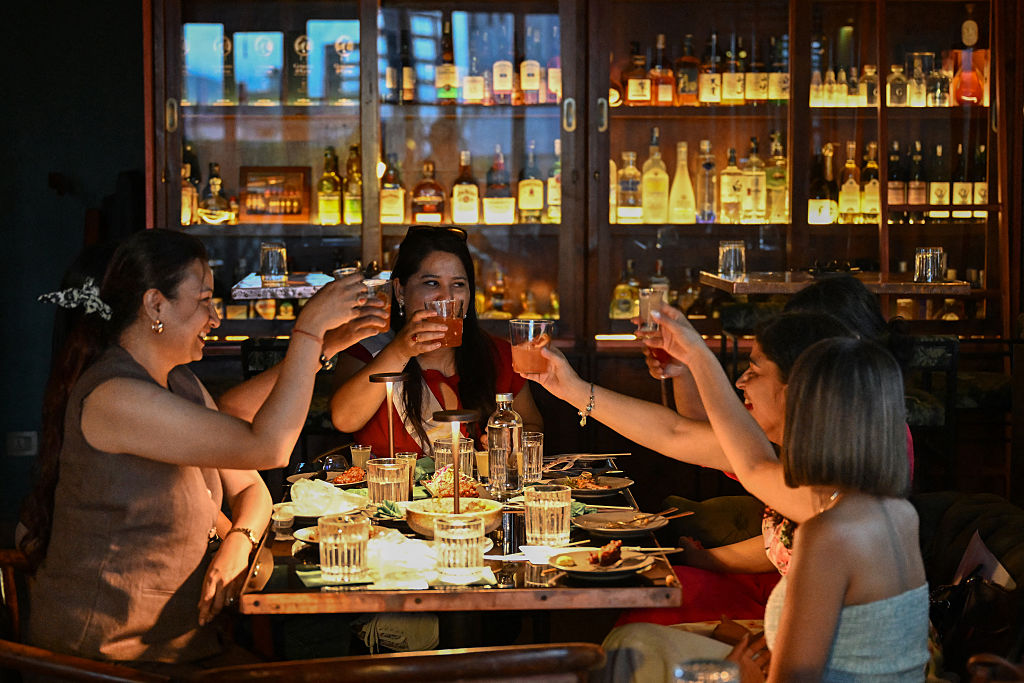
(Getty)
According to a recent Gallup poll, young Americans are drinking less than ever before. Two-thirds of adults aged 18 to 34 now believe even moderate drinking harms their health, up from 30 percent in 2001. Only half say they drink at all, down from 59 percent in 2023, the lowest figure since Gallup began tracking alcohol consumption in 1939. What is happening to young people in America?Possible explanations pile up: a new obsession with health, better information about alcohol’s effects, swapping gin and tonics for weed or vaping, the cruel economics of $18 cocktails, or…












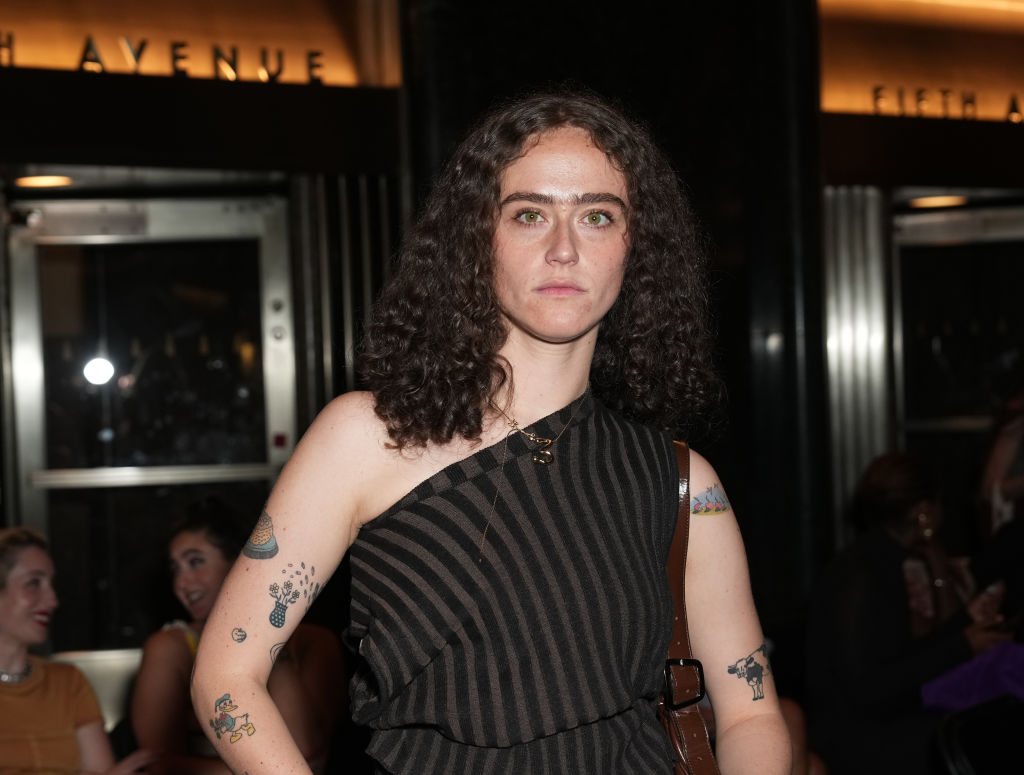
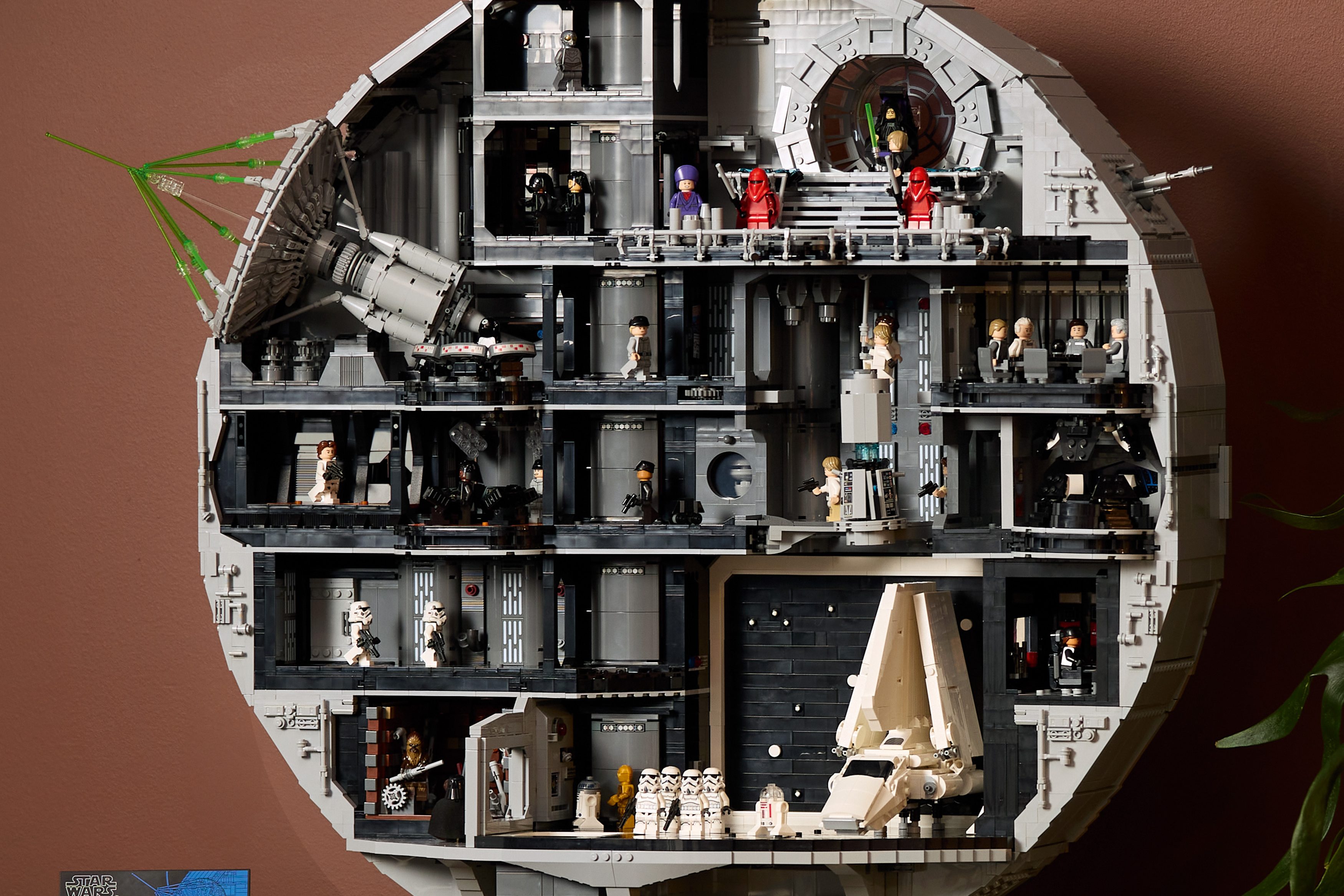
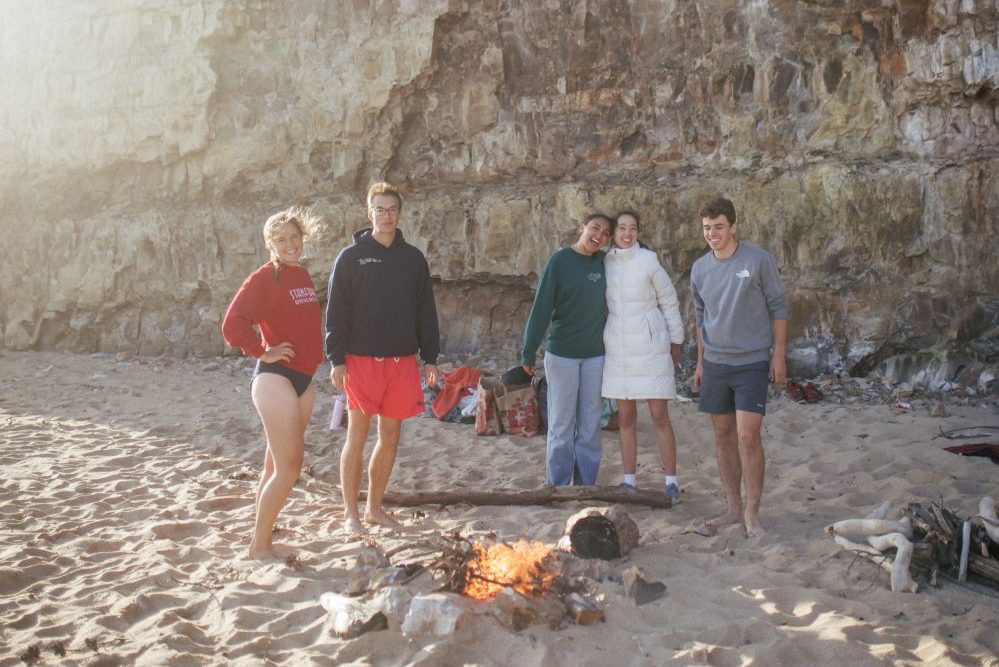
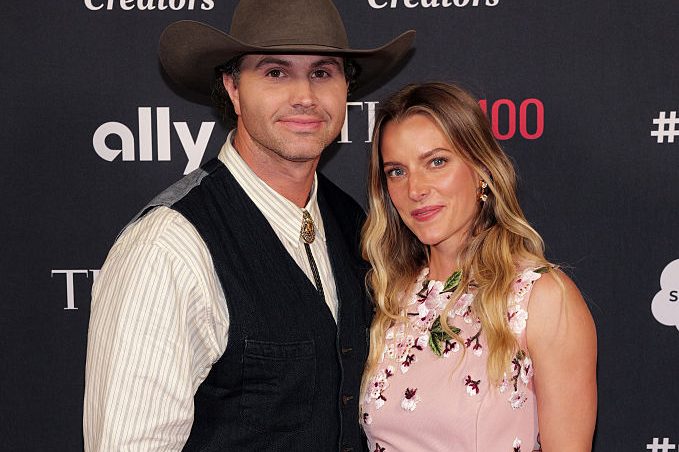









Leave a Reply